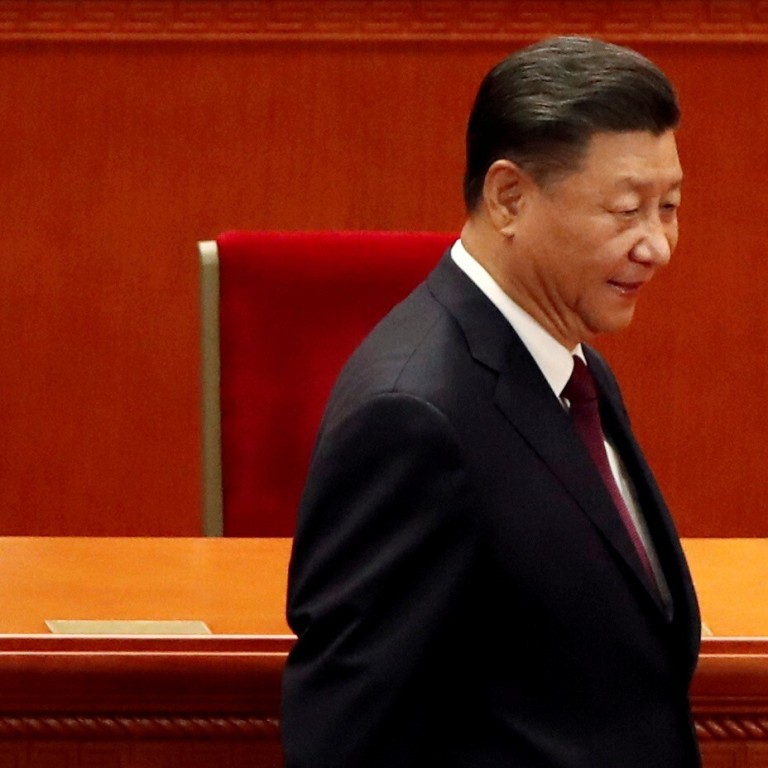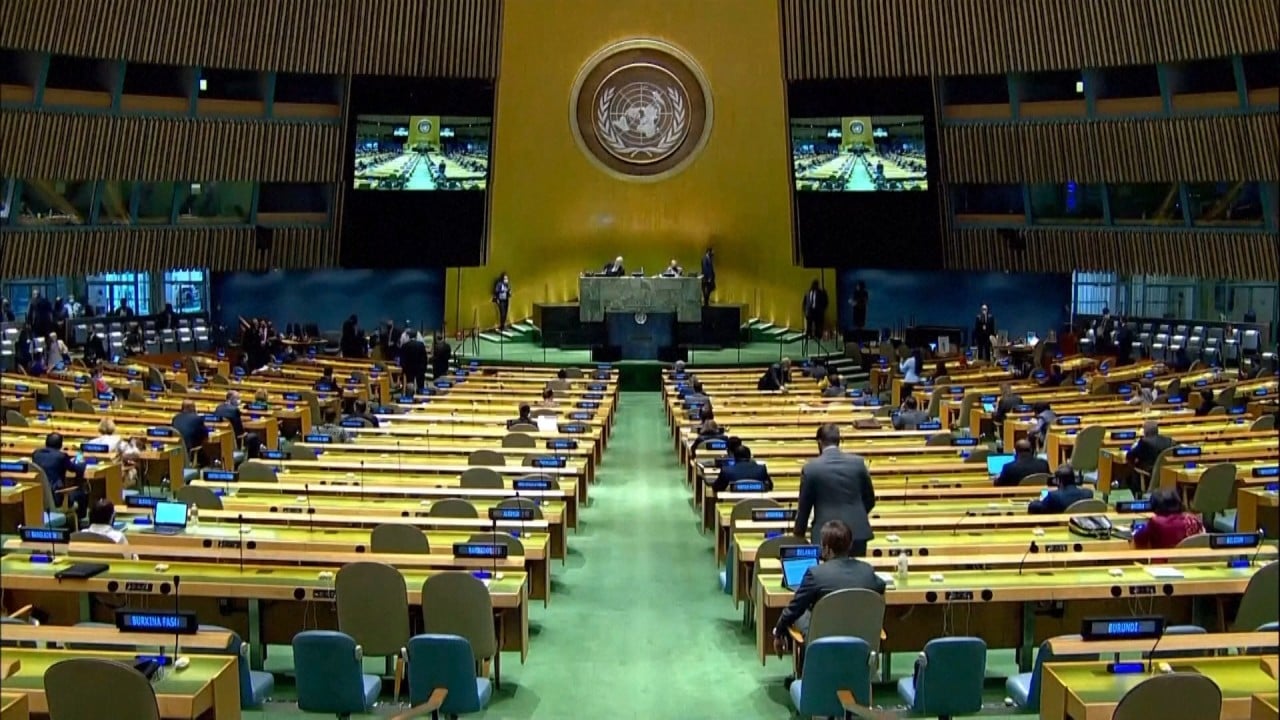
Never mind the China hawks, Xi Jinping actually seems interested in global governance
- His commitment of a further US$50 million to a programme set up under the auspices of South-South cooperation went under the radar at the UN
- The contribution flies in the face of the current antipathy towards multilateralism, and sets an example for smaller countries in the Global South
Regardless of China hawks’ views of whether Xi was reflecting Beijing’s true positions, one certainly cannot take away from the fact that he came across as someone actually interested in doing more for global governance.
One thing that caught my eye was his announcement that Beijing would pump a further US$50 million into a joint trust fund with the UN’s Food and Agricultural Organization.
The fund was set up in 2009 under the auspices of South-South cooperation, and this was the third cash injection it has received from China over the past decade.
Beijing’s South China Sea talks with Asean are worse off than it’s letting on, experts say
Understandably, this rather esoteric development did not make the headlines, given the breadth of hot-button issues Xi covered – including an ambitious declaration that China would go carbon neutral by 2060.
But China’s continued interaction with, and nourishment of, South-South initiatives is to me something worth pondering given the current zeitgeist of antipathy towards structures of global governance.
Born out of the 1955 Bandung Conference of so-called non-aligned nations, the idea of South-South cooperation is one of “emancipatory, state-led development with the Global South working in solidarity against the Global North”, going by the definition of the Australian scholar Susan Engel.
In recent decades, that stark us-and-them, north-south divide has been smoothened, with more so-called “triangular cooperation” involving traditional donor nations from the West, multilateral institutions and beneficiaries in the Global South.

03:02
Trump and Xi trade barbs over Covid-19 as world leaders voice fears at UN’s 75th General Assembly
It is of course well and good that the BRICS bloc is committed to and engaged with South-South cooperation. But we are also living in a time when smaller countries in the Global South are increasingly facing the geopolitical reality that it is not just Western powers displaying hegemonic tendencies.
In this milieu, it would bode well for these smaller countries, should they have the means, to step up their involvement in multilateral frameworks like South-South cooperation when possible.
Donald Trump or Joe Biden? What will change for Asean after the US election?
Contributions do not have to be big: many Global South countries, including those in Southeast Asia, already have well-established technical cooperation programmes.
A 2019 study by Engel, an associate professor of international studies and politics at the University of Wollongong in Australia, showed that the likes of Indonesia, Malaysia, Thailand and Singapore had quietly spent millions of dollars on technical cooperation programmes, even though these governments had not explicitly described the initiatives as part of their commitment to South-South cooperation.
Instead of putting them on the chopping block due to pandemic-induced economic pains, it would be ideal if resources could be found to maintain or enhance these initiatives in the coming years.
Doing so will send a strong signal that smaller countries, while appreciative of the leadership afforded by larger economies in global governance infrastructures, have no interest in being free riders.

